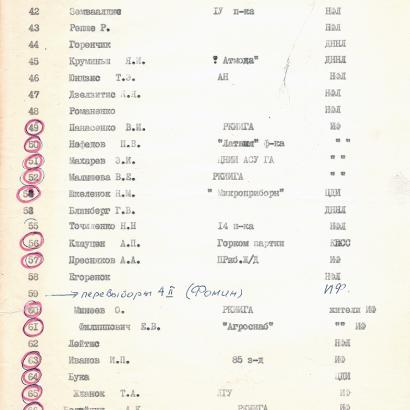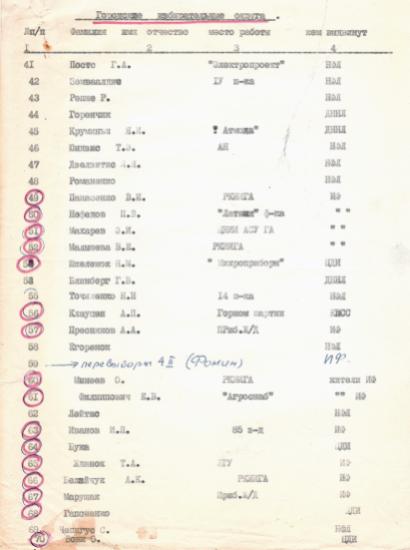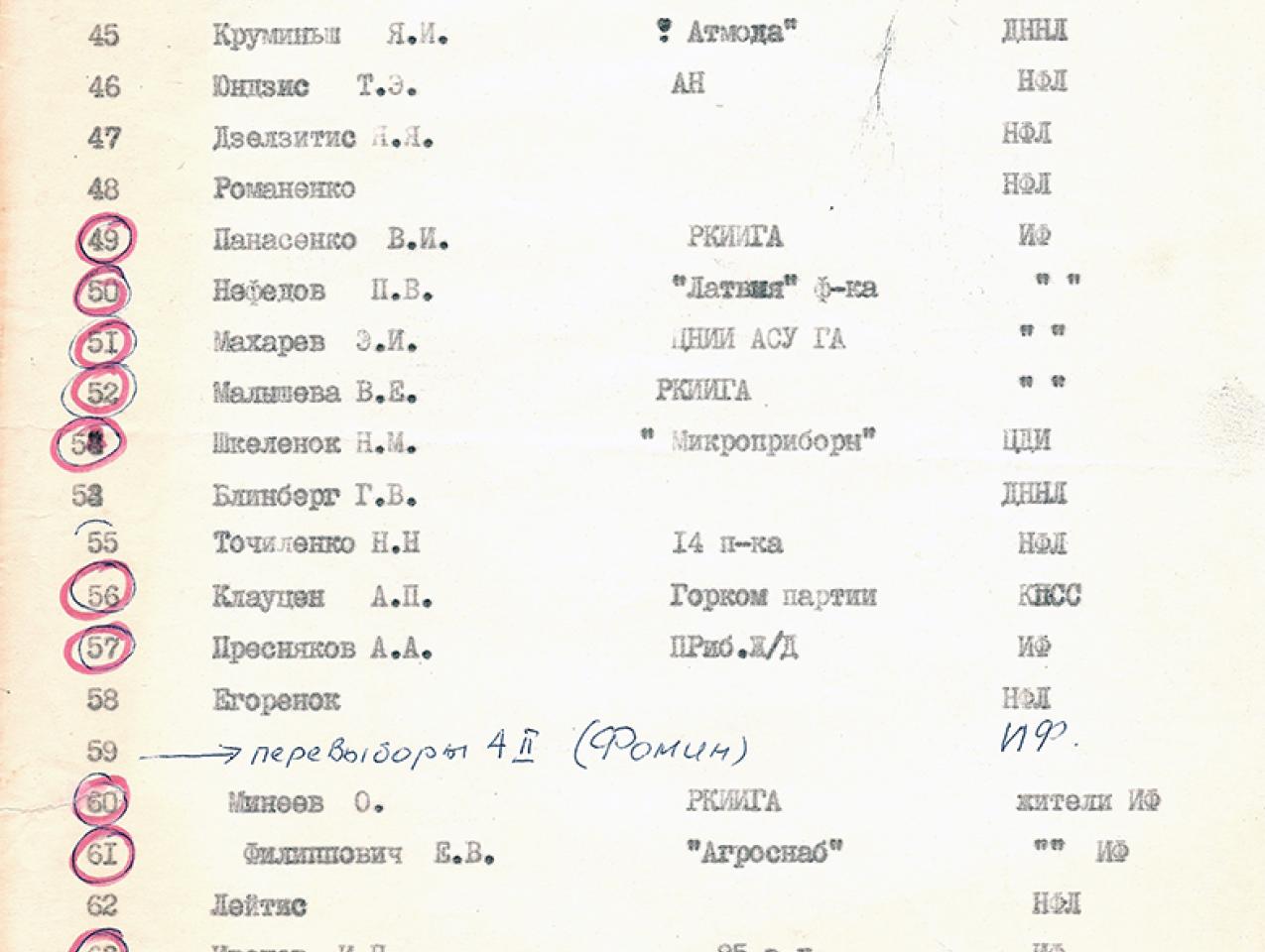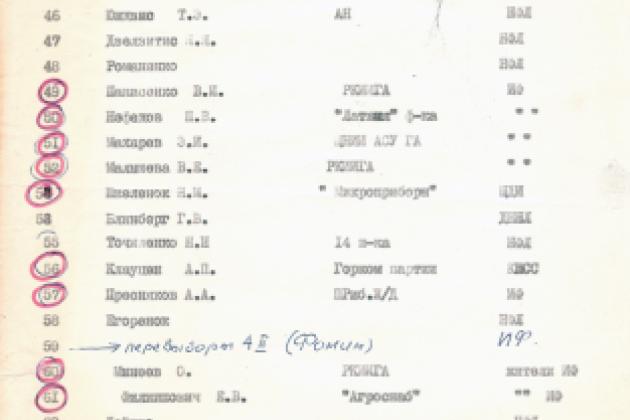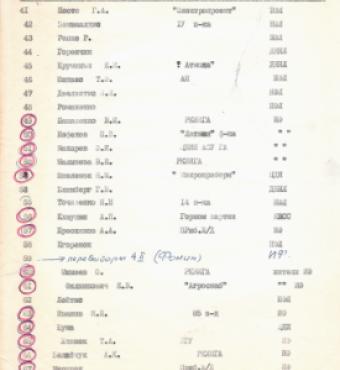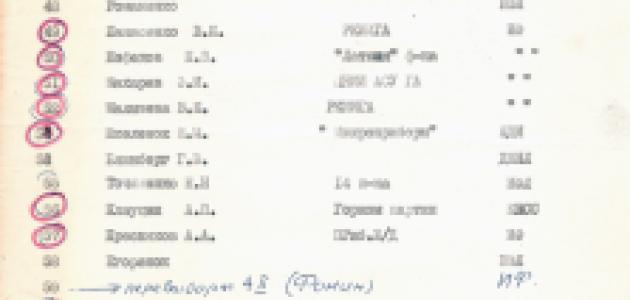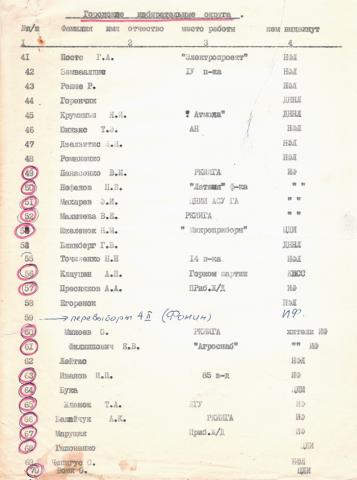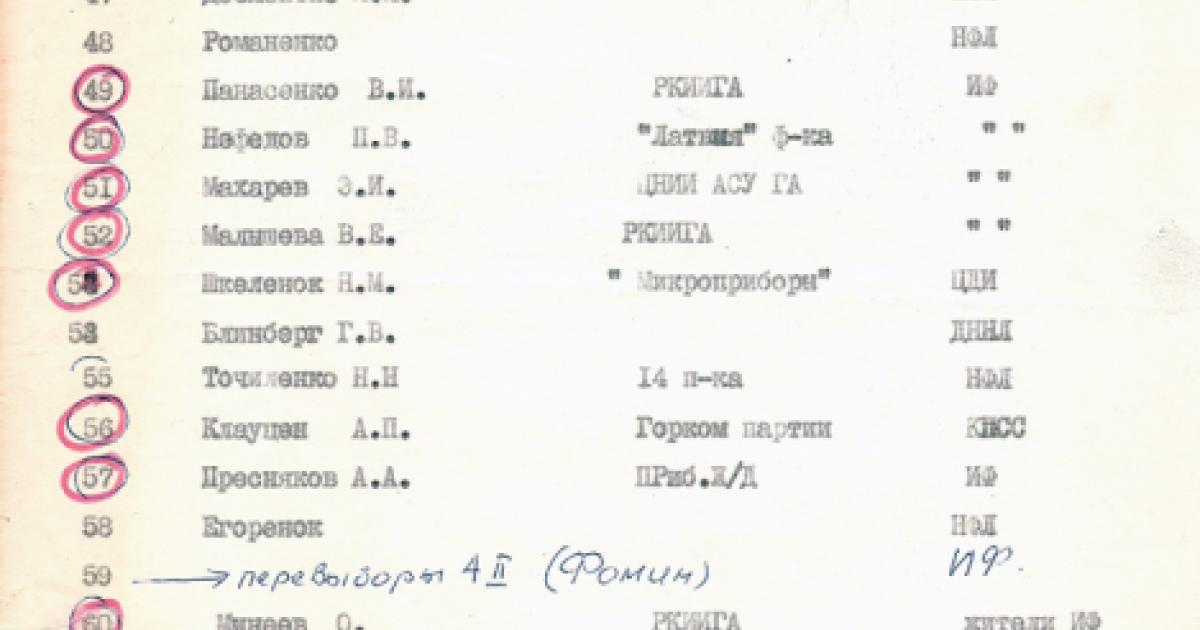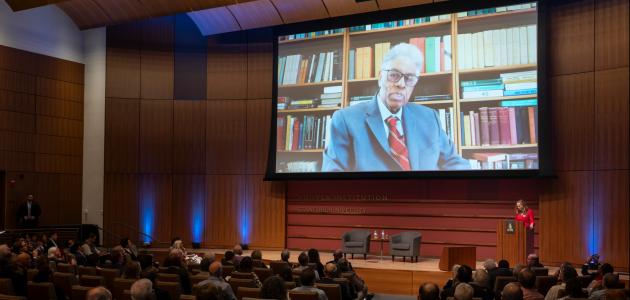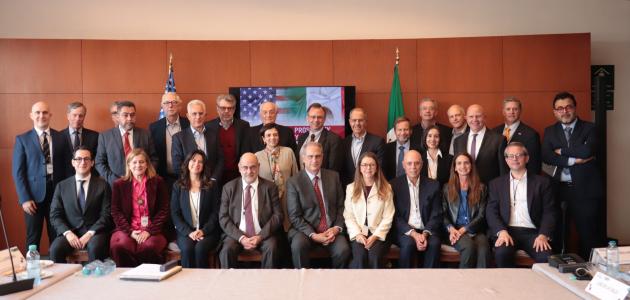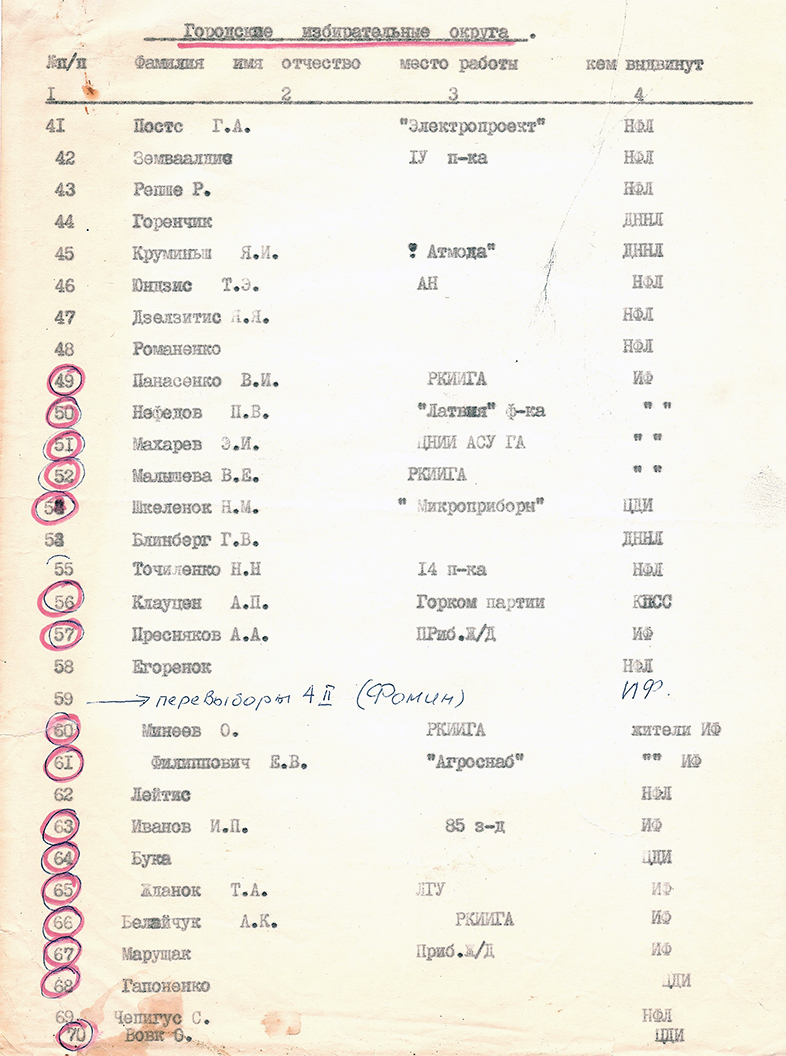
The 1988-1991 movement for national independence in Lithuania, Latvia and Estonia was resisted not only by Moscow, but it also had to contend with strong local opposition. Several pro-Soviet organizations emerged in reaction to growing popular demands for national sovereignty and independence in the Baltic region. In Lithuania such an organization was called Unity (Yedinstvo), in Estonia it was the Intermovement (Interdvizhenie), and in Latvia the Interfront (International Front of the Working People of Latvia). Made up mostly from the members of the Russian minority, heavily concentrated in industrial cities of the Baltic region, it was largely driven by communists and retired Soviet officers.
The documentation received by the Hoover Archives consists of issuances and internal documents of the Interfront of Latvia, supplemented by similar materials from Lithuania and Estonia, as well as other parts of the USSR. Following the final implosion of the USSR in 1991, the Interfront, along with the Communist Party, were banned by the Latvian authorities.
Hoover Institution Library and Archives includes a broad range of additional documentation on the history of the Baltic nations during the period of Soviet occupation, 1940-1991. Perhaps the largest and most comprehensive personal collection of this kind is that of Mavriks Vulfsons (1918-2002), Soviet-Latvian journalist and writer, and later one of the chief spokesmen of the Popular Front of Latvia. Also, since 2008, the Hoover has acquired copies of well over two million pages of documents from the former KGB archives of Lithuania and Estonia.
For further details contact Maciej Siekierski at siekierski@stanford.edu




